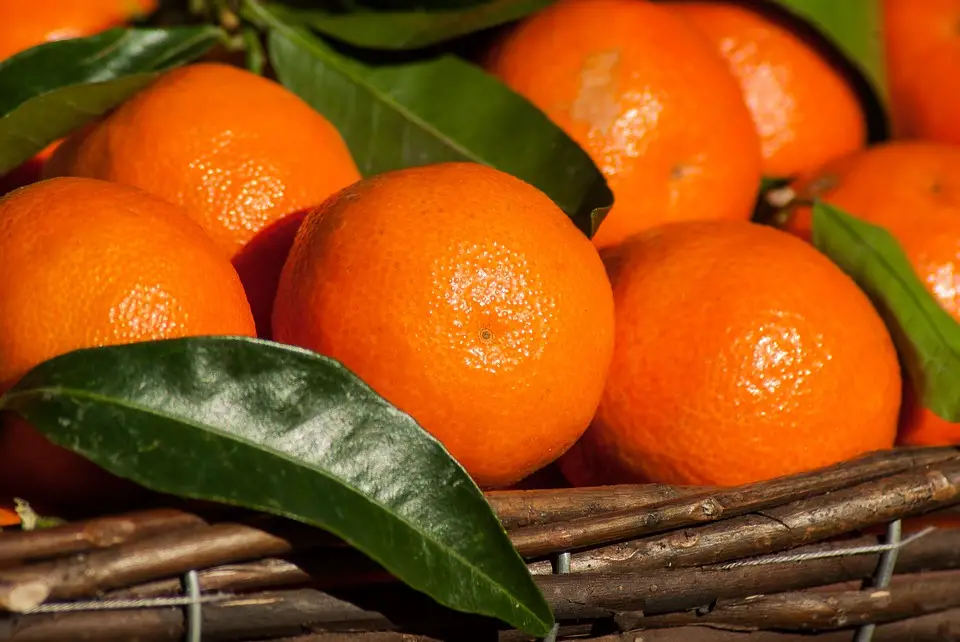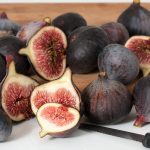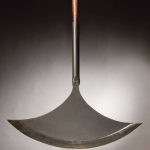As Poslovni Dnevnik writes, ,andarin plantations are no longer as busy as they have been in the past three months, with only a few pickers still picking the last Croatian fruit of this year.
Antonio Albanezi from Ploce in the Neretva valley is finally finishing the harvest, he is satisfied, he says – with both the harvest and the price he got for his produce.
”It goes to the market for three kuna without any problems, and the purchases are a bit more rigorous and people are taking only the first class fruit,” says Dubravko Srsen from Trn. A few days ago, however, traces of an illicit pesticide were found in a small consignment of Croatian fruit which had made its way to neighbouring Slovenia. Agronomist Robert Doko commented on the situation:
”What I heard is that it is the active substance chlorpyrifos which was found in the Croatian fruit, which went out of use a year and a half ago,” said Doko.
”We can talk about traces of pesticides in production, it isn’t so dangerous for consumers either, but in any case we should pay attention to make sure things like that don’t happen,” added Niko Kapovic, an agricultural and economic analyst for HRT.
Neretva mandarins are almost an ecological product because the biggest pest for producers, the Mediterranean fruit fly, has been controlled in a completely ecological way for ten years now. This makes the discovery of a banned substance on Croatian fruit all the more concerning and indeed confusing as it would be in absolutely nobody’s interest to be caught using it.
All Croatian manufacturers and purchasers agree that such incidents should be completely eliminated, mostly because the famous and much loved Neretva mandarin is mostly sold outside of the borders of the Republic of Croatia.
For more, check out Made in Croatia.











